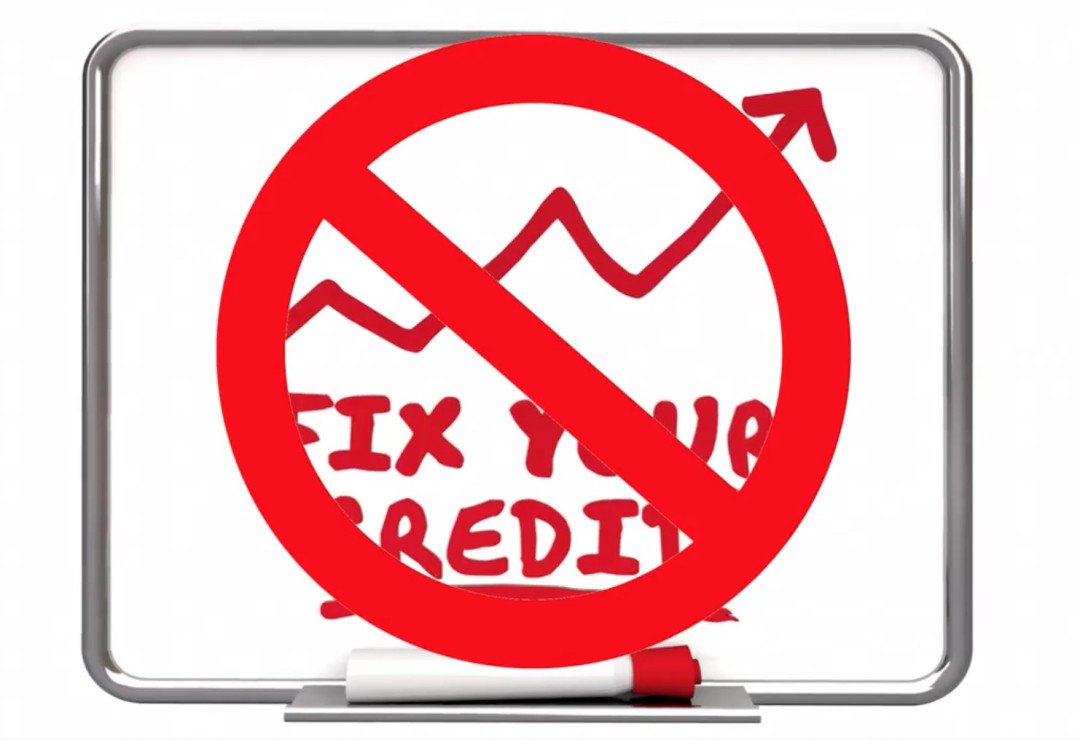Recently, a consumer wrote to us to ask about a service that seemed like a good idea—that is, until the business took her money and disappeared.
Quintasha had the dream that so many Americans share: homeownership. But when she spoke to a real estate agent about her interest in buying a home, the agent had some useful tips. The agent recommended that before Quintasha looked for a home loan, she should try to improve her credit. Better credit would get her a better deal on a home loan with a lower interest rate. To help her, the real estate agent gave her a number to call for a service to help her improve her credit score.
Quintasha was eager to start on the path to better credit, to she called the service to begin the process. The man on the line confirmed that he could help her raise her credit score, but he needed a payment upfront. Quintasha sent him $300 to get started, but then she never heard back. She tried texting him, but her texts were blocked. Apparently, once he had her money, this swindler had no interest in helping her.
Businesses Can’t Lower Your Credit Score
What Quintasha didn’t know before handing over her money was that this service was actually illegal in Georgia, where she lives. Georgia has some of the tightest laws around credit repair services. Basically, it is unlawful for any business or individual to offer to improve your credit for money. The only exceptions are banks and non-profits, who can help you improve your credit, but usually not for cash payments, and never upfront. This person Quintasha reached was not a bank or a non-profit, so any service he offered was illegal from the get-go. This was a plain and simple scam.
Not long ago, the attorney general of Georgia busted a credit repair company. The man who ran the fraudulent and illegal business was fined nearly $150,000. The ban on credit repair services in Georgia is no joke.
Repair Your Own Credit
In many cases, there are simple ways to repair your own credit without paying someone to do it for you. First, recognize the two most important factors in your credit score. The first is on-time payments. Missing payments can lead credit card companies to raise your interest rate, which can make paying down your cards even harder. But it can also damage your credit. As much as possible, pay your minimum payments and pay them on-time.
The second most significant factor in your credit score is the percentage of available credit you are using. For example, if you have a card with a $5,000 limit and you owe $3,000 on that card, you are using 60% of your available credit. The higher the percentage, the more it will lower your credit score. So if you have the funds, try to pay down a card to reduce the amount of credit you are using.
If you are having trouble making your payments, you can call your creditor. Tell them that you can’t pay them everything you owe, but you can pay something. Many creditors are willing to negotiate. After all, they would rather you pay something than write off your debt as a total loss. Especially in today’s unusual economic circumstances, you may find that creditors can actually help you pay what you owe so you can repair your credit the old-fashioned way.

